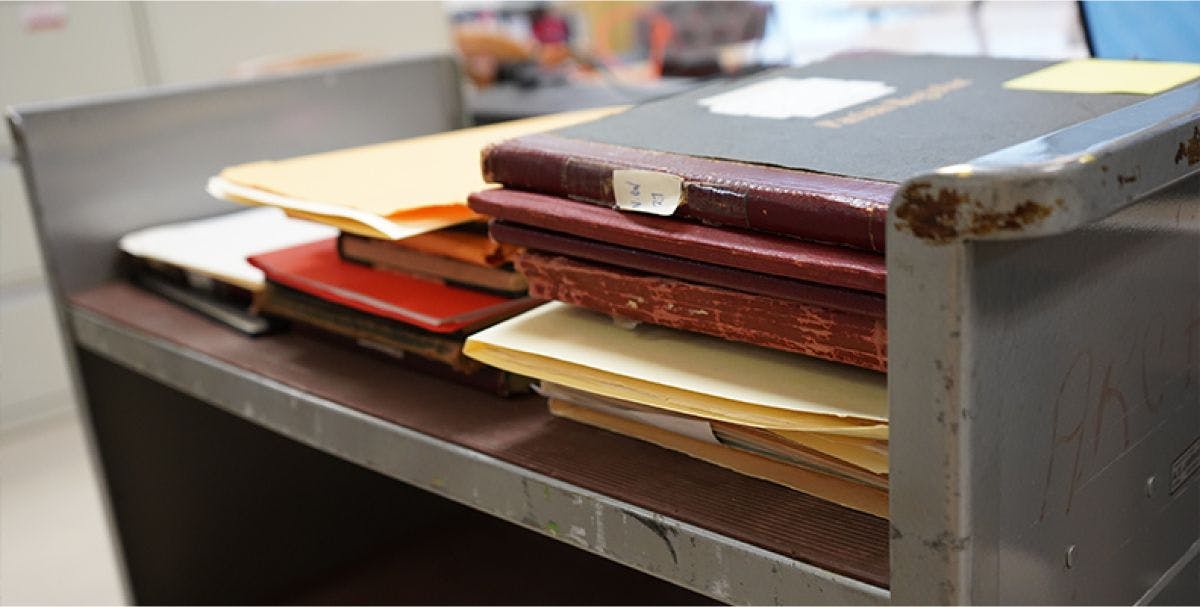As Senior Researcher, coming up to 4 months of time at Narratives Inc., I would like to reflect on research, particularly qualitative research.
In the world of (mostly European American) academia, qualitative research is often seen as the Social of the Sciences, the human experience, or the descriptive data that details the quality (hence: qualitative) of the stuff being studied. Generally, quantitative research details the quantities of things being studied (hence: quantitative). Most of the time, qualitative research and qualitative research are held in two different academic worlds, and when they are brought together, it is a special moment that is literally called mixed methods. There is an interesting history of how these two categories developed, but, in summary, the heart of these differences is both the type of questions we ask and how we ask the questions.
To illustrate this difference, I have come up with two following examples.
Quantitative Research might ask: How many fish species are present in this river? Then take samples of the fish over a certain time and area of the river.
Qualitative Research might ask: What is the experience of people who fish on the river? Then, collect interviews and surveys with the people who fish on the river.
Please keep in mind these are very general examples, and the goal of each of them is the same; to collect data. Collecting data is what we do as researchers – it is how we learn, how we try to make things better, and how we keep tabs on what is happening.
However, sometimes we get so caught up in collecting data that we forget to ask “Why”. Why do we have these categories of Qualitative and Quantitative research? Where/When did this divide happen? Is it useful?
There are a few fabulous philosophers/thinkers out there that call themselves studiers of Science – they study how knowledge is made through science (social science included). One of the things they conclude is that colonization has used science and the processes of science to determine who/which institutions know best and are authorized by society to produce facts and knowledge.
Circling back to the difference between qualitative and quantitative research, one of the purposes of categorizing research into main types (qualitative and quantitative research) in an academic context is partially to decide “Who can make knowledge.” Who is given the power to know things, to know about a place, a people, the land?

At Narratives Inc., I have had the privilege of being able to work a little bit with an impact assessment process where our research questions are along the lines of: What is the Indigenous Nation’s process for making resource and land’s management decisions? How do we gather data in this specific Indigenous Nation’s way? How do we understand knowledge of the land through relationships to and with the land?
This blurs the lines between the categories of qualitative and quantitative data; this is about the process of knowledge-making, who has the power to make knowledge about the places they live. Narratives Inc., in this way, spends a lot of time reflecting on WHY we have collected data the way we do and HOW we collect data.
In many ways, as my research from my PhD thesis shows, sometimes HOW we collect data is much more important than whether it is qualitative or quantitative. One of the books that I have carried with me from the beginning of my own research journey is Shawn Wilson’s 2008 book, Research is Ceremony: Indigenous Research Methods. Shawn speaks to the process of knowledge-making about the land as sacred, as based in relationship to an ongoing responsibility.
Recently, I also got to listen to a webinar on Indigenous Data Sovereignty with Gwen Philips and Dr. Christopher Horsethief from the Ktunaxa Nation. Of the many important things they spoke about, one of the parts that spoke to me was the fact that data collection is nothing without the relationships built during and beyond the research (watch the presentation here).
In conclusion, how we go about doing the research is what really matters because doing research is about relating to the world about relationships. Collecting data, both qualitatively and quantitatively, must be about building trust, capacity, hope, and knowledge for future relations.




